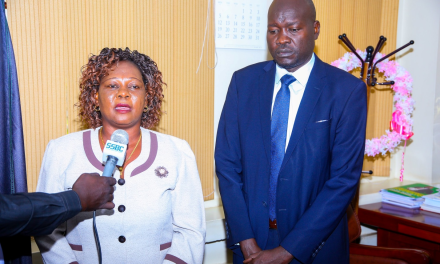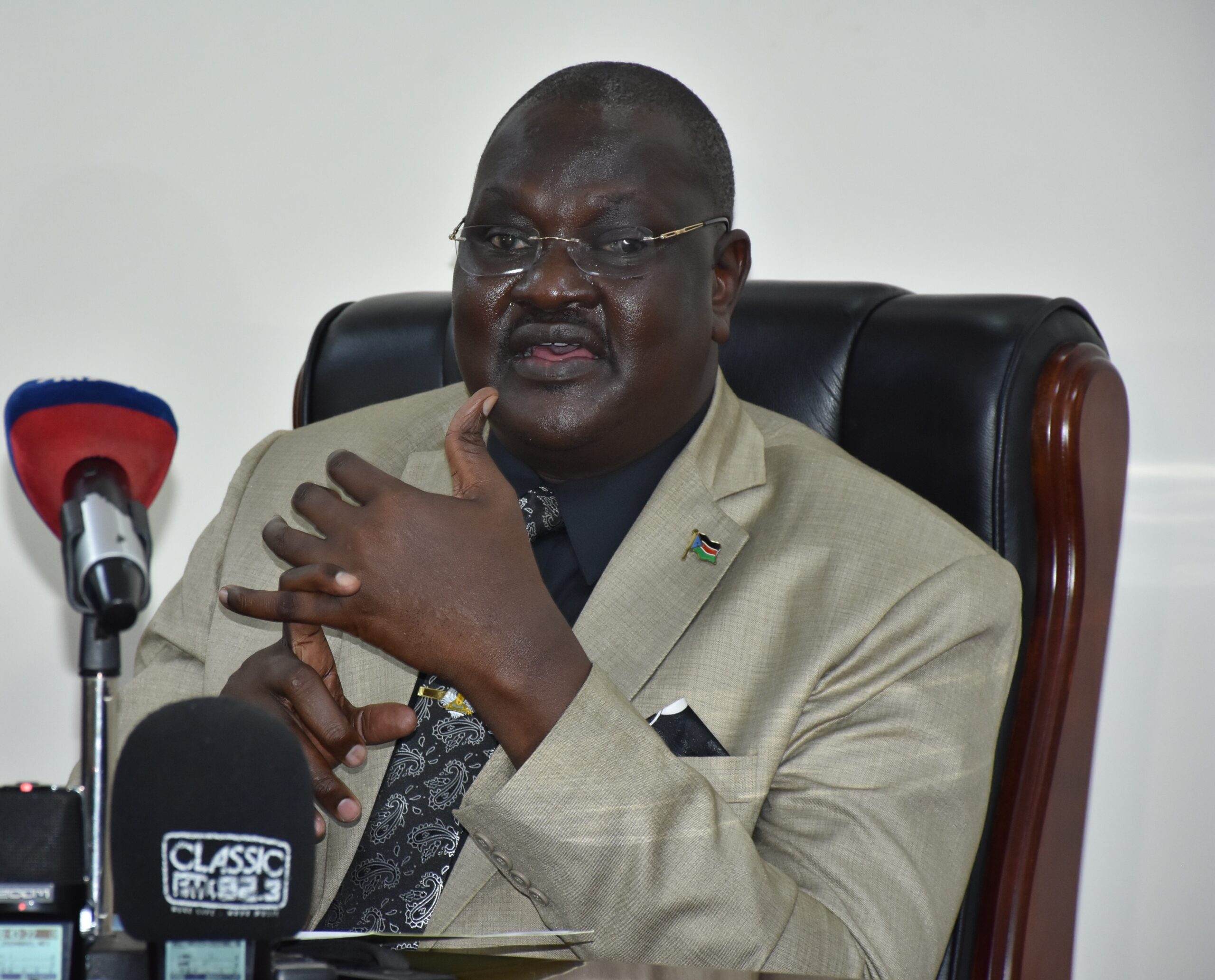
Sudan, South Sudan praised for committing to resolve Abyei dispute

The Center for Peace and Advocacy (CPA) has commended the government of Sudan and South Sudan for their latest commitment to resolve the final status of the disputed Abyei Administrative Area.
Ter Manyang Gatwech, the Executive Director for CPA said the issue of Abyei is complicated because the two countries have been reluctant to decide it’s final status.
“As Center for Peace, it is a good step for the two countries to engage face to face to find durable solution for Abyei,” he told The Juba Echo in an interview.
This came after the two committees from Sudan and South Sudan tasked to resolve the final status of Abyei signed a document in Khartoum on Monday committing to adhere to the Abyei protocol signed in May 2004.
“The two countries should find durable solution either Abyei remain with South Sudan or should go to Sudan, it is a good move by the two countries they are not supposed to massage the situation,” Gatwech said.
“The two countries should keep engaging each other to find a solution, they should engage the communities, also the issue of security is very important they are supposed to have a framework with specific period for implementation so that Abyei-Messiriya problem is reduced,” he added.
Tut Galuak Manime, the Presidential Advisor for National Security Affairs and Mohamed Hamdan Dagalo, the Deputy Chairperson for Sudan Transitional Sovereign Council signed the document to resolve outstanding issues peacefully.
Galuak said they agreed to allow delivery of social services, development, provision of security and community dialogue among the people of Ngok Dinka and Misseriya.
Dagalo stressed the need for continued coordination and cooperation between Sudan and South Sudan for trust-building and exchanging of views on how to provide a solid basis for a final solution to the Abyei issue.
“Despite the critical conditions Sudan is passing through, convening this meeting was a priority given the sensitivity of the region’s issue and the suffering of the region’s population,” he said.
“The joint mechanisms must be activated together with creating a conducive environment to contribute to enhancing security, development and stability for the benefit of the communities in the region,” Dagalo said.
He urged the international community to provide more cooperation and to play a role that goes beyond humanitarian aid to the implementation of development projects in the region.
Sudan and South Sudan are disputing the oil-rich Abyei region on the border, which represents one of the biggest obstacles hindering the settlement of differences between the two countries.
In 2011, the UN Security Council established the UN Interim Security Force for Abyei to monitor the Abyei border.



































